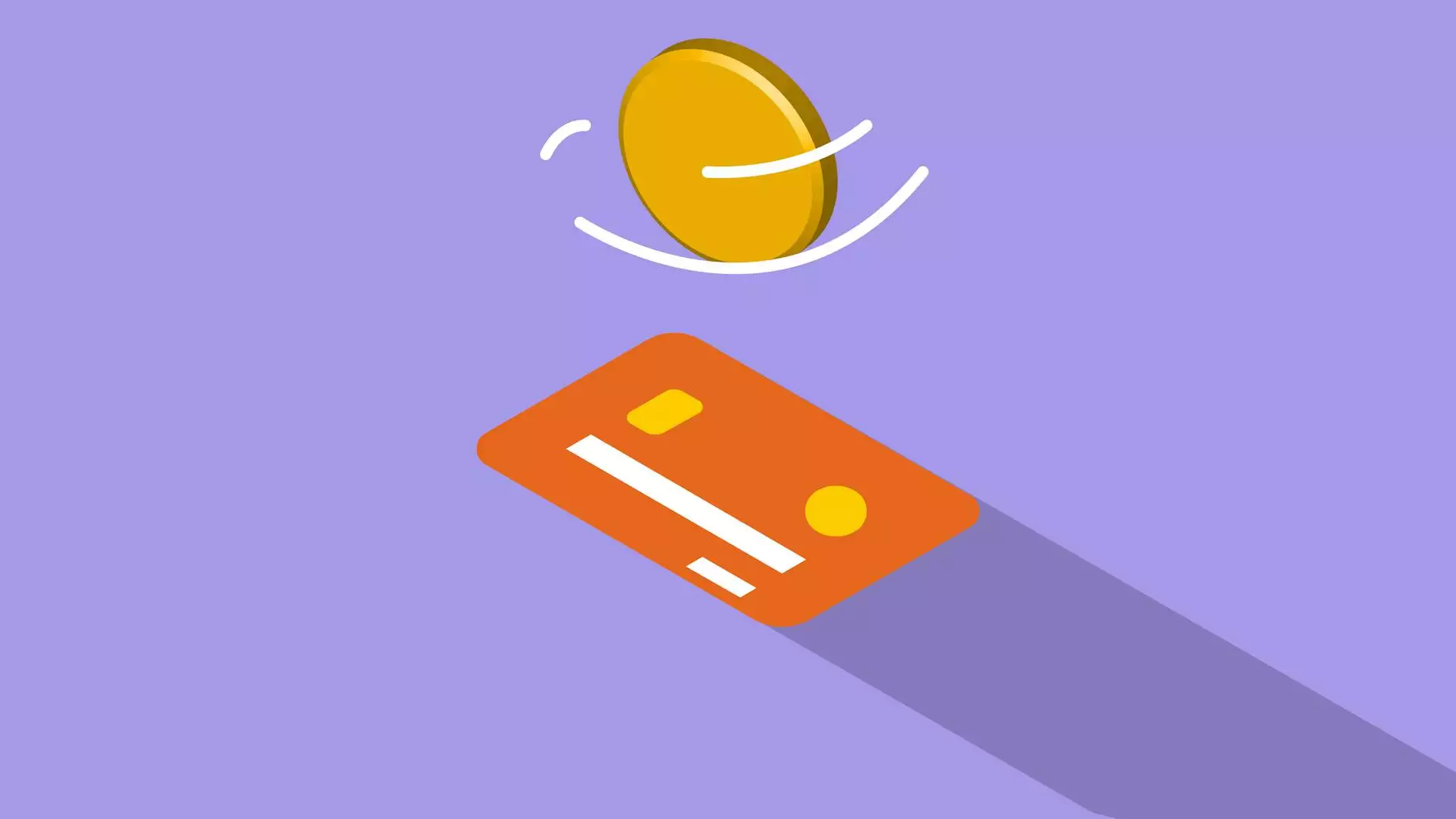The Ultimate Comparison: Flywheel vs Sales Funnel
Blog
In the world of digital marketing, understanding the distinction between a Flywheel and a Sales Funnel is crucial for creating effective inbound marketing strategies. Both concepts play vital roles in attracting, engaging, and delighting customers, but they operate in unique ways.
What is a Sales Funnel?
A Sales Funnel, also known as a marketing funnel, is a structured process that guides potential customers through the stages of awareness, interest, consideration, and ultimately, conversion. It involves capturing leads and nurturing them with targeted content to drive them towards making a purchase.
Key components of a typical Sales Funnel include:
- Top of the Funnel (TOFU): Attracting a wide audience.
- Middle of the Funnel (MOFU): Engaging and educating potential customers.
- Bottom of the Funnel (BOFU): Converting leads into customers.
Understanding the Flywheel Approach
The Flywheel model, popularized by HubSpot, revolves around the concept of creating a positive feedback loop by prioritizing customer experience and satisfaction. It focuses on attracting, engaging, and delighting customers to drive repeat business and foster advocacy.
Key elements of the Flywheel methodology include:
- Attract: Drawing in potential customers through valuable content and experiences.
- Engage: Building long-term relationships and providing exceptional customer service.
- Delight: Exceeding customer expectations to create promoters and brand advocates.
Flywheel vs Sales Funnel: A Comprehensive Comparison
When comparing the Flywheel and Sales Funnel approaches in inbound marketing, several factors come into play:
Customer-Centricity
The Flywheel model places a strong emphasis on customer satisfaction and retention, viewing existing customers as the key to sustainable growth. In contrast, the Sales Funnel is more focused on acquiring new leads and converting them into customers.
Relationship Building
While the Sales Funnel is designed to guide prospects towards a purchase, the Flywheel aims to create a seamless, continuous cycle of engagement that nurtures relationships over time.
Long-term Value
By prioritizing customer delight and advocacy, the Flywheel approach seeks to maximize the lifetime value of customers, leading to sustainable growth and a loyal customer base. In comparison, the Sales Funnel may focus more on short-term conversions.
At Martin County Social Media Group, we understand the importance of crafting customized inbound marketing strategies that leverage the strengths of both the Flywheel and Sales Funnel models to drive optimal results for your business.
Whether you are looking to enhance your inbound sales funnel or implement a Flywheel approach, our team of experts is here to help you navigate the dynamic landscape of digital marketing.
Experience the power of inbound marketing with Martin County Social Media Group and take your business to new heights.



